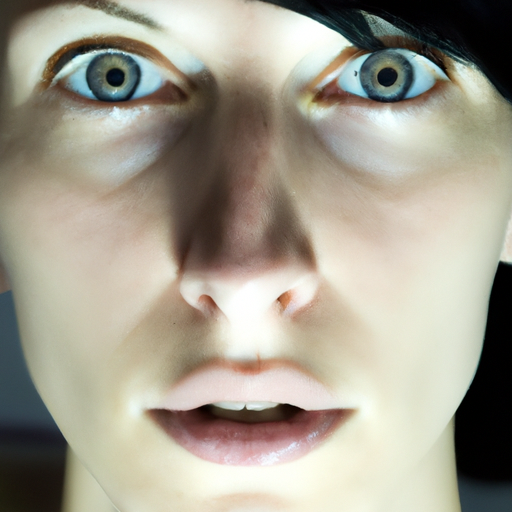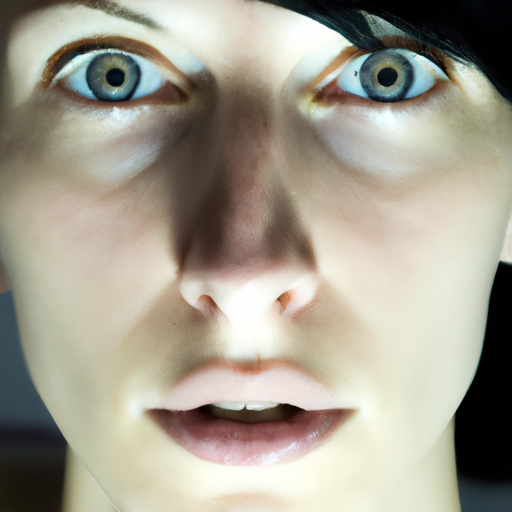As a medical professional, I have seen countless patients struggling with acne, a common skin condition that affects millions of people worldwide. Acne can be a source of significant distress, affecting self-esteem and overall quality of life. However, it’s crucial to understand that acne is not a battle you’re destined to lose. With the right information, treatment, and lifestyle changes, clear skin is achievable. This article aims to provide an ultimate guide to winning the battle against acne.
Acne is a skin condition that occurs when hair follicles become clogged with oil and dead skin cells. It commonly causes whiteheads, blackheads, or pimples and usually appears on the face, forehead, chest, upper back, and shoulders. Acne is most common among teenagers, but it affects people of all ages.
Several factors contribute to the development of acne. These include excess oil production, clogged hair follicles by oil and dead skin cells, bacteria, and excess activity of certain hormones. Understanding these factors can help in managing the condition.
The first step in winning the battle against acne is adopting a proper skincare routine. This includes cleansing your face twice daily with a mild cleanser and lukewarm water to remove excess oil and dead skin cells. Avoid scrubbing your skin harshly as it can irritate the skin and worsen acne.
Next, use over-the-counter acne treatments that contain ingredients like benzoyl peroxide or salicylic acid. These products work by reducing oil production and fighting bacteria that cause acne. However, they can cause dryness and irritation, so start with a small amount and gradually increase its use.
If over-the-counter treatments are not effective, consult a dermatologist. They may prescribe stronger topical medications or oral antibiotics. In severe cases, treatments like oral contraceptives, anti-androgen agents, or even isotretinoin may be recommended.
While skincare routines and treatments are crucial, lifestyle changes also play a significant role in managing acne. A healthy diet rich in fruits, vegetables, lean proteins, and whole grains can help your body fight inflammation and promote healthier skin. Avoid foods that trigger your acne and drink plenty of water to keep your skin hydrated.
Regular exercise can also help reduce acne. It increases blood circulation, leading to nourishment of skin cells and removal of cellular waste. However, remember to shower after exercising as sweat can clog pores and cause breakouts.
Lastly, manage your stress levels. Studies have shown a link between stress and acne flare-ups. Techniques like yoga, meditation, or deep-breathing exercises can help reduce stress and improve your overall skin health.
Remember, everyone’s skin is different, and what works for one person may not work for another. It’s important to be patient and persistent with your acne treatment regimen. It may take up to 8-12 weeks to see noticeable improvements.
In conclusion, winning the battle against acne involves a combination of proper skincare, medical treatments, and lifestyle changes. With persistence and patience, clear skin is within reach.




